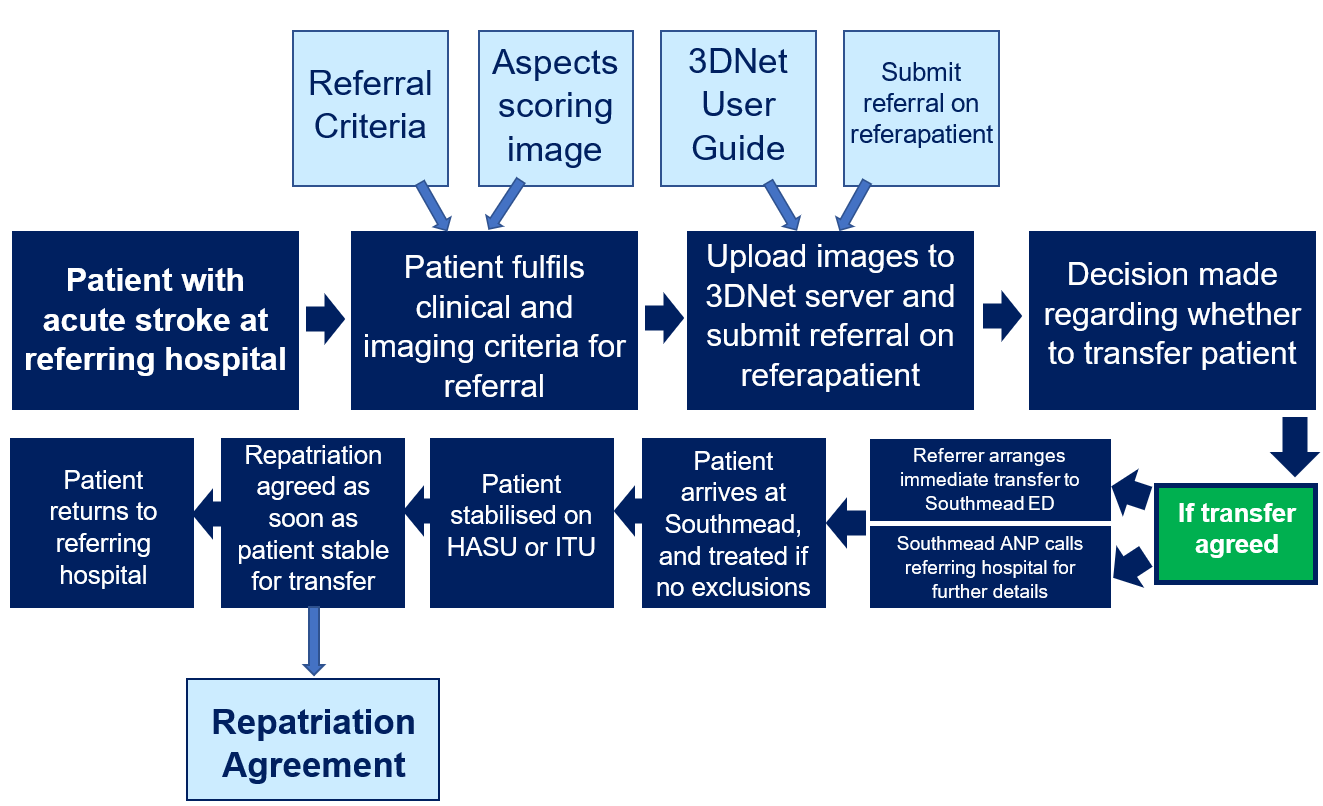I think research is important to AHPs because AHPs are very well placed in a lot of diverse clinical and community environments to talk to patients, to work with patients, to work in collaboration with patients, in order to ask the pertinent questions around what is going to benefit the patient in terms of clinical intervention, clinical treatments, and we are really well placed to work together with patients in order to further our knowledge, both the clinical benefit but also the patient benefit as well.
AHPs have a different relationship with their patients to medical clinicians, nurses and other staff within the hospitals. They have hands on contact with their patients for a much longer period than other clinicians in the hospital, and for a longer period of time. And the type of research that they can do therefore is very different. It tends to be more practical types of research, and therefore has potential impacts in quality of life and the day-to-day living of patients.
Really, we know that the best research ideas come from those working on the ground. They know what the problems are, what the issues are. With the clinical service, they do it day in, day out. They’ve probably already thought of solutions that, as academics sitting in an office, we wouldn’t necessarily know. I think it’s a really good opportunity to help the patients that you say day in, day out, and also to develop yourself as well. It's a tough process, but it’s an interesting process, and it’s just as important that we capture everyone’s voice in the research process.
I think it’s really important that AHPs get involved in research, if they can, if they have an interest in it, because we like to think of research as being enhanced healthcare. Everybody wins. The setting that the research is carried out in wins because it means that they have a more stringent team of healthcare professionals. The patients obviously win, because they’ve got access to the most cutting-edge healthcare available, and also that they can feel that they are doing something for somebody else, which is really important, and it does broaden the skillset of any clinician or AHP and widen their career, which has got to be a bonus.
As Allied Health Professionals, we are all involved in research because we are consumers of the research that is published. But actually, we need to be the people who also driving the research, because it’s through our clinical experience that we identify unique and different needs that need to be addressed through research, and we as the AHPs need to be leading that, and not just following the medics or other people’s research agendas, but actually setting our own research agenda.





